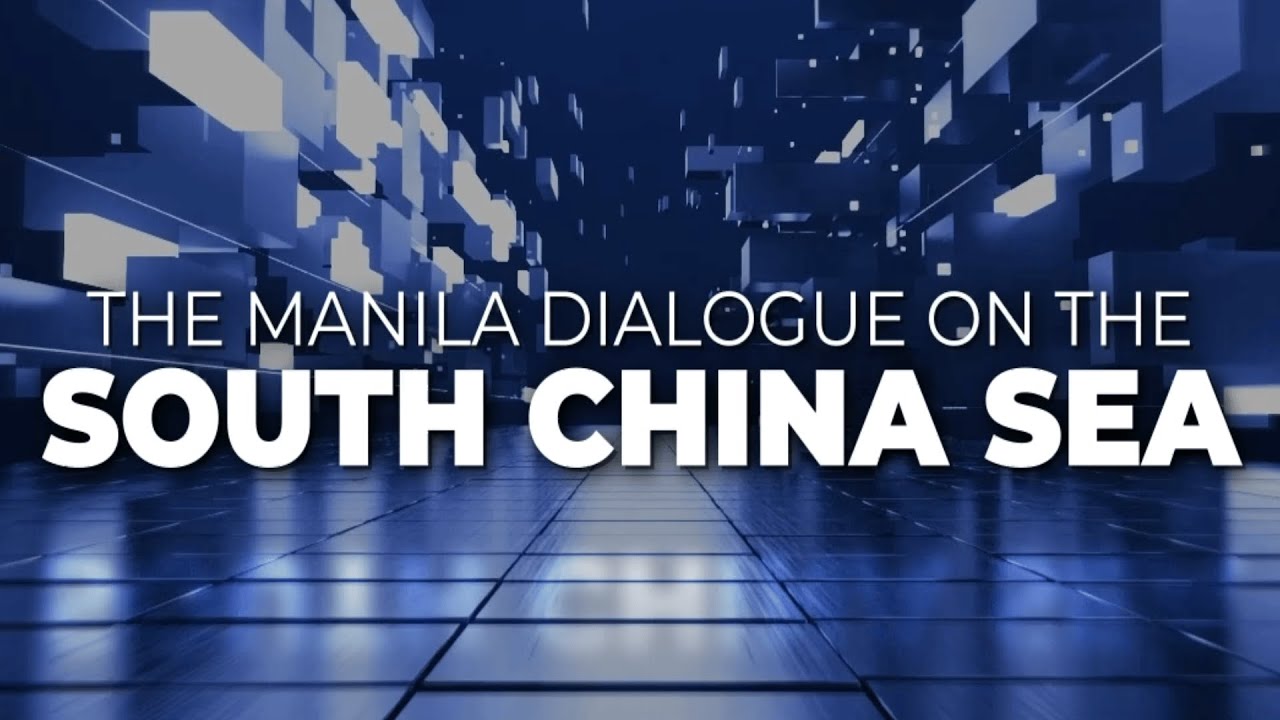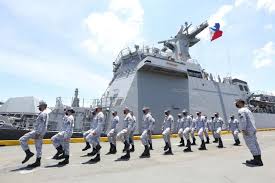Jake Saunders, Editor
Manila – The Manila Dialogue, which concludes today in Manila, has once again highlighted the importance of multilateral discussions in addressing complex regional security issues. This dialogue, brought together representatives from various nations including the Philippines, Malaysia, Taiwan, Vietnam and other stakeholders concerned with stability and peace in the South China/ West Philippine Sea.
The South China Sea remains a key geopolitical hotspot, with overlapping territorial claims involving China, the Philippines, Malaysia, Vietnam, Brunei, and Taiwan. These disputes threaten regional security, maritime trade routes, and regional cooperation. The Manila Dialogue serves as a vital platform for open communication, confidence-building, and dialogue among these parties to seek peaceful solutions and reduce the risk of conflict.
Notably, Dr.Van Than Pham of the South China Seas Chronicles initiative was a participant in the dialogue. Her involvement added valuable Vietnamese perspectives to the discussions on regional security and sovereignty issues. Dr. Than also attended several side events, including an American Chamber of Commerce breakfast forum this morning, where these issues were discussed in depth. These side events also provide opportunities to engage more informally and explore measures for cooperation and networking.
The relevance of the dialogue extends to Taiwan, which has strategic interests and territorial claims in the region. Engaging Taiwan in such discussions underscores the importance of inclusive diplomacy in maintaining peace and stability. It also reflects the broader commitment to peaceful dispute resolution in accordance with international law, particularly the United Nations Convention on the Law of the Sea (UNCLOS).
For the Philippines and Malaysia, and other claimant countries, the dialogue provides an opportunity to voice concerns, clarify positions, and explore cooperative measures such as joint resource management and transparency initiatives. It also fosters a sense of shared responsibility among stakeholders to ensure that the South China Sea remains a zone of peace, stability, and maritime safety.
Overall, the Manila Dialogue exemplifies the significance of diplomatic engagement in preserving regional stability. It reminds stakeholders that constructive dialogue, respect for international law, and willingness to compromise are essential ingredients for resolving longstanding disputes and securing a peaceful future in the South China Sea. As regional tensions continue to evolve, such forums will remain crucial in promoting mutual understanding and peaceful coexistence among neighboring nations.



